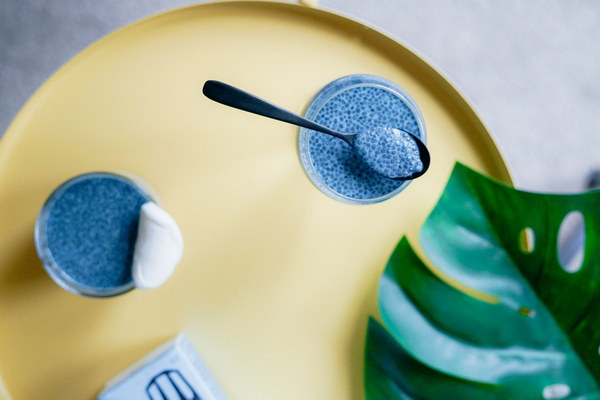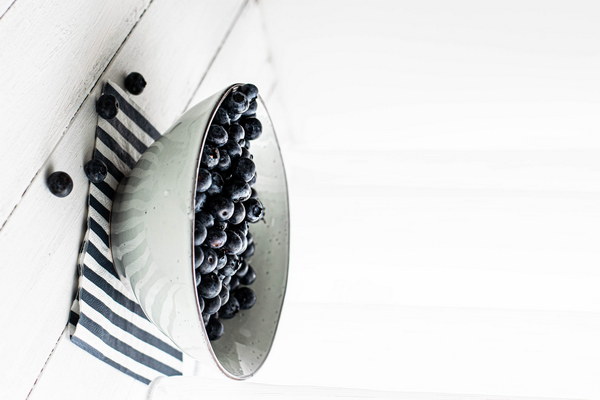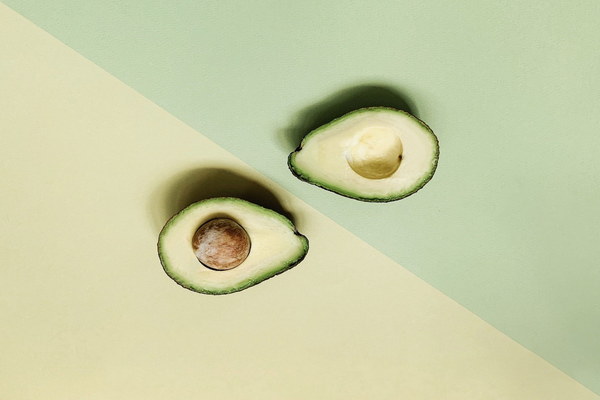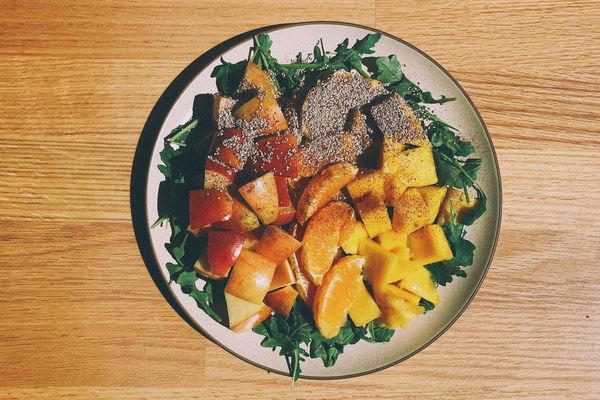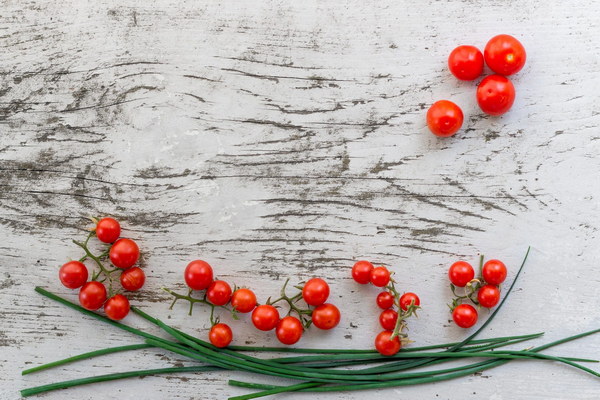Is Winter Melon Effective in Relieving Dampness Unveiling the Truth Behind This Traditional Remedy
Winter melon, also known as Fuyao in Chinese, has long been cherished as a natural remedy for various ailments, with many people believing it to possess potent dampness-relieving properties. But is this traditional belief grounded in scientific evidence, or is it merely a myth? In this article, we will explore the effectiveness of winter melon in alleviating dampness and shed light on its benefits and potential drawbacks.

Dampness is a concept deeply rooted in traditional Chinese medicine (TCM), referring to an imbalance of fluid and moisture within the body. It is believed to be the root cause of many health issues, including fatigue, joint pain, and digestive disorders. Winter melon is thought to possess properties that can help eliminate dampness and restore the body's balance.
One of the primary reasons why winter melon is considered effective in treating dampness is its diuretic properties. It is rich in water, fiber, and other nutrients that can promote healthy bowel movements and increase urine output, thereby helping to expel excess dampness from the body. Additionally, winter melon contains compounds such as cucurbitacin E and triterpenoids, which have been shown to have anti-inflammatory and antioxidant effects, further aiding in the elimination of dampness.
Several studies have investigated the potential health benefits of winter melon. A study published in the Journal of Ethnopharmacology in 2011 found that winter melon extract could effectively reduce the levels of uric acid in rats, which is a common cause of dampness-related issues such as gout. Another study published in the Journal of Agricultural and Food Chemistry in 2013 revealed that winter melon extract could help lower blood sugar levels in diabetic rats, suggesting its potential in the management of dampness-related metabolic disorders.
While the scientific evidence supporting winter melon's dampness-relieving properties is promising, it is essential to note that individual responses to the remedy can vary. Some people may experience relief from their dampness symptoms after consuming winter melon, while others may not see significant improvements. It is also crucial to consult a healthcare professional before incorporating winter melon into your diet, especially if you have underlying health conditions or are taking medication.
In traditional Chinese cuisine, winter melon is often used in soups, stews, and other dishes. One popular recipe is the Winter Melon Soup, which combines winter melon with pork, ginseng, and other herbs. This soup is believed to help nourish the lungs, strengthen the immune system, and alleviate dampness. However, it is important to note that the effectiveness of this soup in treating dampness is still based on traditional beliefs and not fully supported by scientific evidence.
In conclusion, winter melon is a traditional remedy with potential dampness-relieving properties. While scientific studies have shown promising results, individual experiences may vary. It is advisable to consult a healthcare professional before incorporating winter melon into your diet, especially if you have specific health concerns. As with any natural remedy, it is essential to approach with a balanced perspective, considering both traditional wisdom and scientific evidence.
